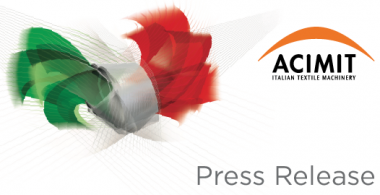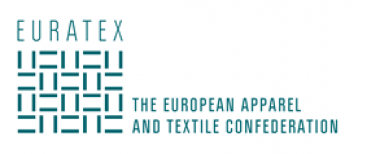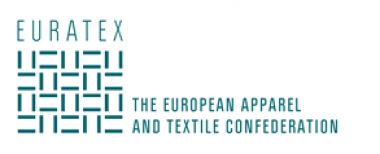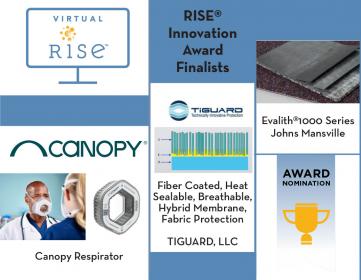OEKO-TEX® Association turns 30: Trust, Safety, Sustainability
The vision of the OEKO-TEX® Association, which was founded in March 1992 through a partnership between the Hohenstein Research Institute and the Austrian Textile Research Institute (OETI), is still reflected today in the organization's core values: trust, safety, and sustainability. For three decades, OEKO-TEX® has pursued the goal of building trust for companies and consumers and enabling them to make responsible decisions to protect people and the planet. "Our services bring transparency to the international textile and leather industry supply chains," says OEKO-TEX® Secretary General Georg Dieners. "They enable all stakeholders to make mindful decisions that help preserve our planet for future generations."
OEKO-TEX® market leadership
In 1992, 20 years before the United Nations announced the Sustainable Development Goals (SDGs), OEKO-TEX® launched STANDARD 100 by OEKO-TEX®, now one of the best-known labels for product safety.
"It emerged from the Schadstoffgeprüft nach ÖTN 100(tested for harmful substances according to ÖTN 100), developed by OETI in 1989 to address increasing public interest in textile ecology and health," the Austrian Textile Research Institute reminds us. The limit values and test methods on which STANDARD 100 by OEKO-TEX® is based were internationally standardized and are adapted to the latest scientific findings and legislation at least once a year - a principle that is applied to all OEKO-TEX® standards. Prof. Dr. Stefan Mecheels, the owner of the textile testing service provider Hohenstein, adds: "From the very beginning, we have considered the needs of all players in the textile value chain and continue to create solutions for current and future market requirements."
At least seven SDGs are firmly integrated into the OEKO-TEX® product portfolio. For example, Good Health & Well-Being (SDG 3) and Clean Water & Sanitation (SDG 6) are reflected in the STeP by OEKO-TEX® factory certification, and Responsible Consumption & Production (SDG 12) and Climate Action (SDG 13) are implemented through the comprehensive MADE IN GREEN by OEKO-TEX® product label.
Today, the international association consists of 17 independent research and testing institutes focused on textile and leather, with contact offices in over 60 countries. They are responsible for the joint development of the test methods and limit values in the OEKO-TEX® Standards and carry out laboratory tests and factory audits according to globally uniform specifications. These comprehensive product and process audits to ensure appropriate risk management, consumer and environmental protection, and legal compliance. With their wide-ranging research and development, the accredited OEKO-TEX® test institutes provide important insight for innovations within the textile and leather industry. They work in close cooperation with manufacturers and make a significant contribution to the development of high-quality textile and leather products at all stages of the value chain.
Mirror of social and political development
Being close to the market, and ideally, one step ahead is essential to supporting companies who are adapting to constantly changing conditions and meeting consumer expectations. Therefore, the development of OEKO-TEX® is not only a reflection of scientific knowledge but also of social and political trends. The focus is always on standardizing sustainable action and measures and making it easier for the industry to quickly and comprehensively implement sustainability goals.
Exchange with third parties is particularly valuable for this purpose. OEKO-TEX® participates in various international multi-stakeholder initiatives such as the Organization for Economic Co-operation and Development (OECD), the Partnership for Sustainable Textiles, the ZHDC (Zero Discharge of Hazardous Chemicals), and Greenpeace.
In addition to cooperation with external multi-stakeholder initiatives, the OEKO-TEX® International Advisory Board (IAB) meets annually. The core function of the IAB is to help review consistent and market-oriented Standards development proposals by the OEKO-TEX® Working Groups. In addition, OEKO-TEX® is conducting a public stakeholder consultation to gain further insights from all interest groups, which it will integrate into further development of the Standards.
Using three decades of experience for the future
The founding goal of enabling responsible choices that preserve our planet for future generations has become increasingly urgent over the past 30 years. So, OEKO-TEX® is even more resolute than ever in developing comprehensive solutions. We stand by industry and consumers as a trusted partner for the challenges ahead. In addition to the IMPACT CALCULATOR launched in January 2022, which helps STeP by OEKO-TEX® certified production facilities reduce their carbon emissions and water consumption, this summer, the association will launch a service to help companies transition to the upcoming Due Diligence Laws.
Oeko-Tex



































